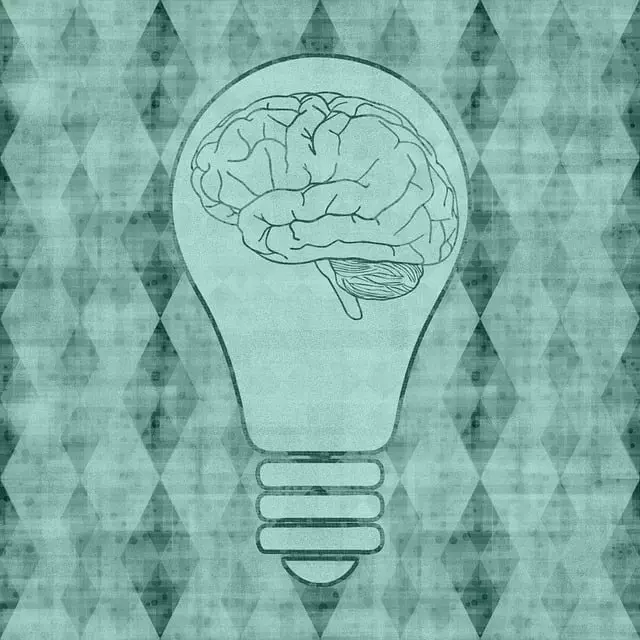The Kaiser Permanente behavioral health center in Wheat Ridge emphasizes positive thinking as a key strategy for achieving holistic mental wellness, backed by scientific evidence. They offer tailored exercises like mindfulness meditation and gratitude journaling to reframe negative thoughts and reduce stress, empowering individuals with resilience. The center provides programs, workshops, and a Mental Wellness Podcast Series, focusing on risk management planning and integrating evidence-based techniques to enhance quality of life through practices that promote optimism and constructive thought patterns.
Unleash the power of positivity with this transformative journey. Our article explores the implementation of positive thinking exercises, drawing insights from the renowned Kaiser Permanente Behavioral Health Center Wheat Ridge—a hub for mindfulness and holistic well-being. Discover how these exercises can be designed to cultivate a resilient mindset, offering practical strategies for integration into daily life. Embrace a path towards enhanced mental health and overall fulfillment.
- Understanding Positive Thinking: The Foundation of Well-being
- Kaiser Permanente Behavioral Health Center Wheat Ridge: A Hub for Mindfulness
- Designing Effective Positive Thinking Exercises
- Integrating and Maintaining a Positive Mindset in Daily Life
Understanding Positive Thinking: The Foundation of Well-being

Positive thinking is a powerful tool that forms the bedrock of overall well-being. At the Kaiser Permanente behavioral health center Wheat Ridge, experts emphasize that cultivating a positive mindset goes beyond mere optimism; it’s an evidence-based practice with profound effects on mental and physical health. By focusing on the positive aspects of life and reframing negative thoughts, individuals can enhance their resilience, reduce stress, and improve overall satisfaction.
This approach is particularly relevant in today’s fast-paced world where mental health issues like anxiety are prevalent. The Kaiser Permanente behavioral health center Wheat Ridge promotes a holistic view of well-being, encouraging individuals to engage in regular positive thinking exercises as part of their Mental Health Policy Analysis and Advocacy initiatives. Through techniques such as mindfulness and gratitude practices, Risk Assessment for Mental Health Professionals can be mitigated, fostering a sense of calm and resilience that translates into better coping mechanisms and improved quality of life.
Kaiser Permanente Behavioral Health Center Wheat Ridge: A Hub for Mindfulness

The Kaiser Permanente Behavioral Health Center Wheat Ridge stands as a beacon of hope and resilience in the community, dedicated to fostering mental wellness. This center offers a holistic approach to burnout prevention, focusing on mindfulness practices tailored for both professionals and individuals seeking emotional well-being. Through various programs and initiatives, they produce a Mental Wellness Podcast Series designed to educate and inspire listeners, highlighting effective strategies for managing stress and enhancing overall mental health.
In addition to their therapeutic services, the center places significant emphasis on risk management planning, crucial for safeguarding mental health professionals from the unique challenges they face. By integrating evidence-based techniques into daily practice, Kaiser Permanente Behavioral Health Center Wheat Ridge not only empowers individuals but also contributes to a broader culture of resilience and positive thinking within the mental health care sector.
Designing Effective Positive Thinking Exercises

Designing effective positive thinking exercises involves tailoring activities to suit diverse individual needs and preferences. At the Kaiser Permanente behavioral health center Wheat Ridge, professionals emphasize the importance of creating a supportive environment where participants feel safe to explore their thoughts and emotions openly. Exercises should be interactive and engaging, incorporating techniques like mindfulness meditation, gratitude journaling, and positive self-talk into everyday routines.
Incorporating Conflict Resolution Techniques and Emotional Regulation strategies within these exercises can further enhance their impact. Stress Management Workshops organized by the center often include activities that foster a sense of calm and resilience, teaching participants practical tools to navigate challenging situations with composure. By combining evidence-based practices and a patient-centered approach, the Kaiser Permanente behavioral health center Wheat Ridge ensures that positive thinking exercises are both accessible and transformative for all who take part.
Integrating and Maintaining a Positive Mindset in Daily Life

At the Kaiser Permanente behavioral health center Wheat Ridge, experts emphasize that integrating a positive mindset into daily life is not just about fleeting moments of optimism; it’s a consistent practice that fosters mental wellness. This involves consciously choosing to focus on the positive aspects of any situation, even amidst challenges. It’s about reframing thoughts from negative to constructive, a skill that can be cultivated through regular reflection and gratitude practices.
Maintaining this positive mindset requires ongoing commitment. Simple daily rituals such as keeping a gratitude journal, practicing mindfulness meditation, or engaging in conversations that uplift can help reinforce positive thinking. Social Skills Training, another valuable resource offered at the Kaiser Permanente behavioral health center Wheat Ridge, equips individuals with tools to navigate social interactions more effectively, further enriching their overall mental wellness and contributing to a more optimistic outlook on life.
Implementing positive thinking exercises, as supported by resources like the Kaiser Permanente Behavioral Health Center Wheat Ridge, is a powerful step towards enhancing well-being. By understanding the fundamentals of positive thinking and designing effective exercises tailored to individual needs, people can cultivate a more optimistic mindset that permeates daily life. This holistic approach, inspired by leading behavioral health centers, enables individuals to navigate challenges with resilience and appreciate the beauty in everyday experiences.






